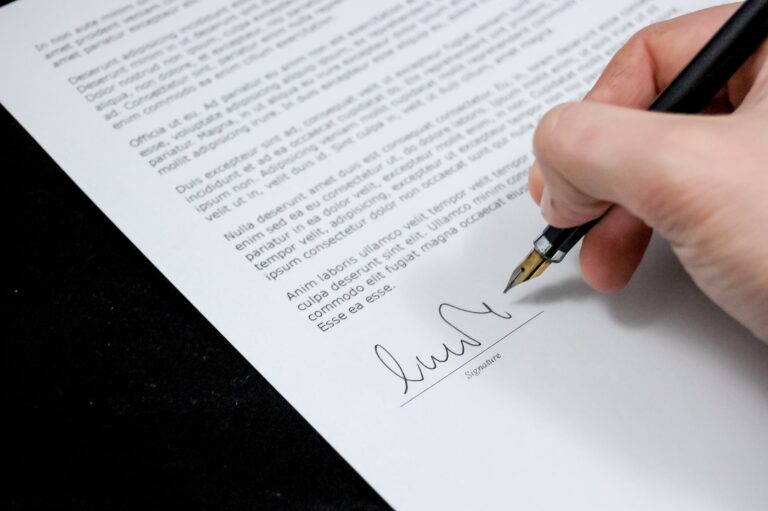
What Is the Biggest Mistake People Make on Their Wills?
Making mistakes in your estate planning can torpedo every effort made to protect your family after you die, warns a recent article from Kiplinger, “Common Estate Planning Mistakes.” Everyone benefits from a professionally-made comprehensive estate plan, a process for preparing your legal and financial affairs so assets and possessions are passed on after your death to the people or charities you want.
Not having an estate plan can create a world of trouble for those you love. The biggest estate planning mistake of all is not having an estate plan. After that, there are several others.
Procrastination. Suppose you unexpectedly become incapacitated and don’t have an estate plan. In that case, your family will be left guessing what you would want your medical care to be, in addition to needing to go to court to apply for guardianship so they can pay your bills and keep your household running. Everyone should have documents like Health Care Power of Attorney, Power of Attorney, HIPAA Release Form and Living Will in place.
Trying to make an estate plan on your own. Unless you’re an experienced estate planning attorney, there’s a lot you could leave out if you attempt a DIY estate plan. If there are errors, a court could declare your will invalid and it’s as if you never had a will in the first place. The laws of your state will be used to distribute your assets. It may not be what you had in mind.
Keeping estate planning documents in a safe or safe deposit box. Documents need to be where someone can get them in an emergency or after your passing. Safety deposit boxes are often sealed on the death of the owner. Give copies of your estate plan to your appointed executor or trustee, a trusted family member and your estate planning attorney.
Missing key documents. If your estate plan lacks key documents, your heirs might find themselves battling over the estate. Make sure your estate plan includes these documents:
- Last will and testament—This document outlines all final wishes and instructions for distributing your assets and how you want your affairs managed after you die. It also is used to name a guardian for minor children and an executor to oversee the instructions in the will.
- Beneficiary designations—Any account allowing for beneficiaries, including IRAs, pension plans, investment accounts and insurance policies, will pass directly to named beneficiaries. Be sure that these are up to date.
- Durable power of attorney for medical care—Allows another person to make medical decisions for you if you become incapacitated. Depending on your jurisdiction, it may include an advanced healthcare directive, which gives your instructions on whether or not to use life support.
- Funeral instructions—Do you want a traditional burial? Cremation? Tell your family your wishes for a funeral or memorial service.
- Proof of identity—Your Social Security card, birth certificate, marriage and/or divorce certificate and any prenuptial agreements will be needed for administering the estate.
- Deeds or loan documents for large assets—Collect paperwork for homes, boats and other big assets.
Digital assets. These include websites, cloud storage, social media accounts and cryptocurrency, to name a few. By assigning a digital fiduciary and sharing key information, you help heirs avoid identity theft and lost assets.
Failing to update your plan. Your estate plan needs to reflect the changes in your life. If your estate plan is outdated, you may unintentionally disinherit beneficiaries.
Appointing the wrong person as executor or trustee. If your eldest child is a disaster with money management, don’t name them your executor. Consider a trusted person who is unbiased and able to manage money and family dynamics and talk with them about taking on this role before appointing them to this critical role.
Reference: Kiplinger (Dec. 30, 2023) “Common Estate Planning Mistakes”

